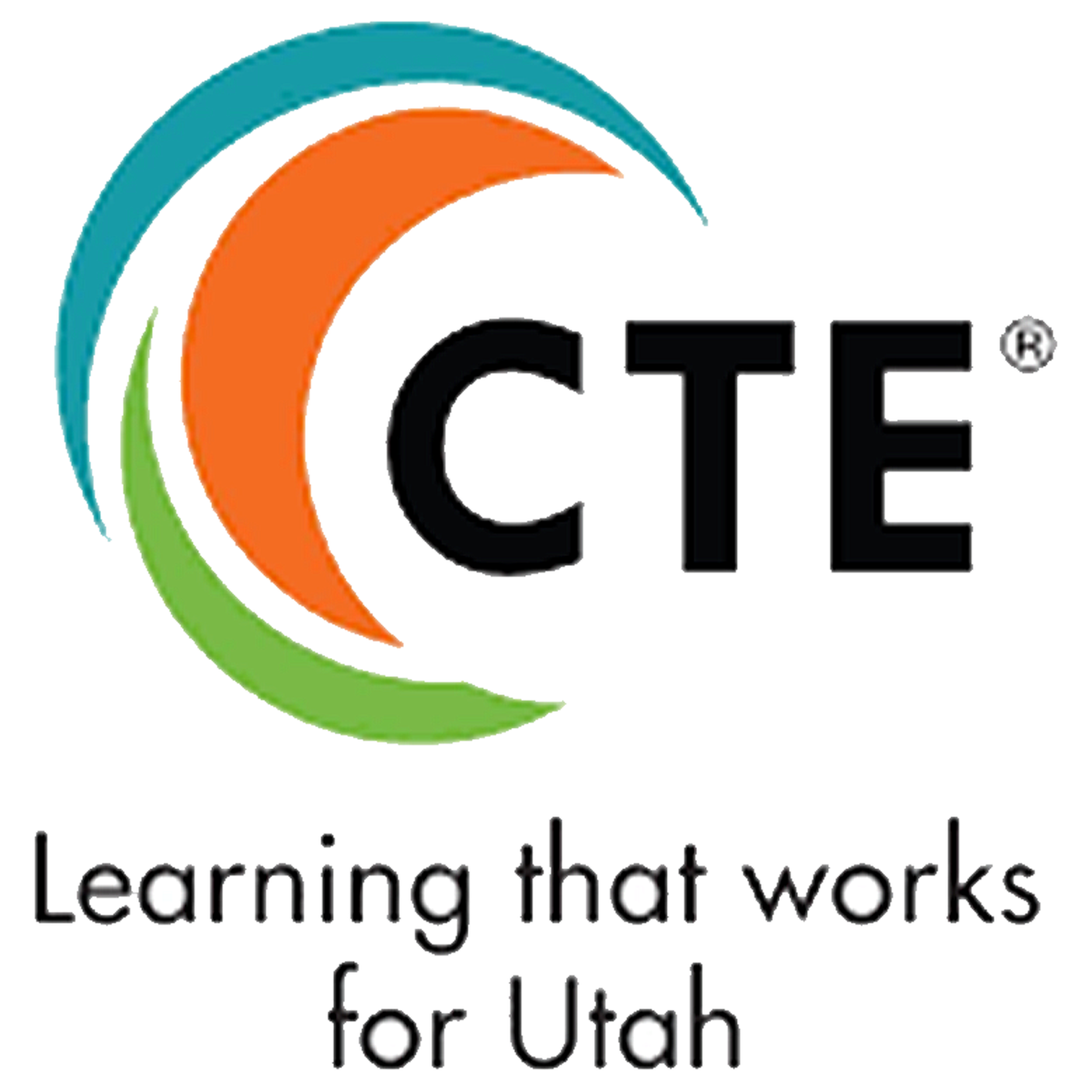GLOSSARY OF TERMS
Advisory Committee– A selected group of individuals representing parents, students, various sectors of business, industry and college who provide human, technical, and financial resource assistance in a specific high school CTE program.
Carl D. Perkins Vocational And Technical Education Act (P.L. 101-392) – Federal legislation to provide funding for career and technical education programs nationally. Perkins V is the current act, which requires all funding to be needs-based.
Completer– A student who has passed a concentrator course and accumulated 3.0 credits in a specified pathway. Completers should receive a certificate and honor cord upon graduating.
Concentrator– A student who has passed an explorer and concentrator course, and earned 1.5 credits in a specified pathway.
Concurrent Enrollment – A college course in which a high school student earns college credit via on campus or online course work.
CTE Pathway- A prescribed sequence of courses in the same career pathway that leads to a student being a program completer. The CTE program may offer a certification and/or college articulated or dual credit.
CTE Skills Certification Test - The federal Perkins Act requires measurement of the percentage of CTE concentrators and completers who pass a skill assessment aligned with industry recognized standards. Skills tests include performance-based assessments and digital assessments.
CTSOs (Career and Technical Student Organizations)– Required profession-related organizations that provide unique opportunities for career and leadership development, motivation, and recognition. Organizations have local, state, and national affiliations.
DECA - Association of Marketing Students
EDUCATORS RISING – Educators Rising
FBLA - Future Business Leaders of America
FCCLA - Family, Career and Community Leaders of America FFA - National FFA
HOSA - Future Health Professionals
SkillsUSA - for Skilled an Technical Students
TSA - Technology Student Association
IEP (Individual Education Plan)- A prescribed learning plan for students who need accommodations with their education resulting from a learning disability, a behavioral disorder, or a physical impairment. A guidance counselor can be a resource.
Industry – With respect to a particular industry, the planning, management, finances, technical and production skills, labor and community issues, health and safety, and environmental issues related to that industry. The individual has a comprehensive understanding and strong experience in the industry he/she is preparing to enter.
Industry Certification- Industry verification that student has demonstrated mastery in a particular area related to the industry.
Industry Recognized Credentials (IRC)- High-quality credentials recognized by multiple employers across an industry.
Integration of Academic and CTE- The process of blending academic curriculum content with career and technical education.
Internships – Work experience for high school credit provided to juniors and seniors during their CTE program. The CTE teacher is instrumental in encouraging and helping find opportunities for their students who are supervised by an on-site trainer and the classroom teacher.
Local Education Agency (LEA)– A school district having administrative control of public education within a given locale.
PD - Professional Development– Opportunities to enhance education. These can be pursued individually or through activities and opportunities provided by the district and state. It is important to keep copies of certificates received at Professional Development sessions.
Performance Objective – A required component of Utah CTE courses. Performance objectives are listed by course in the strands and standards for each course.
Portfolios– for CTE students to organize a record of their skills, certificates, accomplishments, grades/test scores, talents, etc. that they have acquired throughout high school. USBE encourages CTE Internships students to create an electronic portfolio and highlight experiences using the media platform LinkedIn.
POS (Program of Study)- The Carl D. Perkins Career and Technical Education Act requires the development and implementation of a program of study for each CTE program. This includes the prerequisites for the program, the sequence of courses, certifications, and postsecondary opportunities after high school graduation.
Professional CTE Teacher Organizations–ACTE (Association of Career and Technical Education) is the national CTE organization for teachers, school administrators, and businesspersons; UACTE is the state CTE organization.
STEM (Science, Technology, Engineering, and Mathematics)– A national education
coalition to improve education at all levels in science, technology, engineering, and mathematics. This organization is working at national, state, and local levels to ensure the U.S. remains the economic and technological leader of the 21st century global marketplace.
USBE (Utah State Board of Education) - The Utah State Board of Education encompasses all public schools in the state. The USBE website provides a wide range of information for Career and Technical education. Visit Utah Schools CTE for more information.
